Pembrokeshire planners are to visit the site of a proposed solar farm which would provide power for nearly 3,300 homes after concerns were raised about the loss of the most valuable agricultural land.
In an application before Pembrokeshire County Council’s planning committee meeting of February 18, members were recommended to approve a scheme by Wessex Solar Energy (WSE Pembrokeshire Ltd) for a 9.99MW solar farm and associated works at Lower Nash Farm, near Pembroke Dock.
The proposed scheme would be spread over three fields, amounting to approximately 14 hectares with some 25,000 PV panels on site, some 120 metres from the national park.
The development, some of it on Best and Most Versatile (BMV) Agricultural land, would provide approximately 3,296 households with renewable energy annually a report for members said.
A larger 22MW scheme covering 34.25ha was previously refused in 2021 due to the effect on BMV land.
Planning Policy Wales (PPW) requires that BMV agricultural land “should be conserved as a finite resource for the future with considerable weight given to protecting it from development,” adding: “Such land should only be developed if there is an overriding need for the scheme and either previously developed land or land in lower agricultural grades are unavailable.”
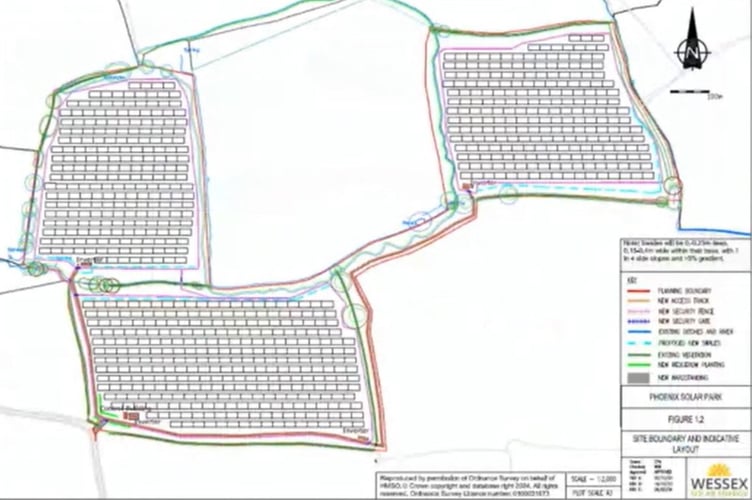
Welsh Government Soil Policy & Agricultural Land Use Planning Unit has objected to the latest scheme on BMV grounds, saying the return to agriculture as BMV agricultural land is “…seldom practicable”.
Four objections to the scheme were received, with local community council Cosheston raising concerns about the use of BMV land.
At the February meeting, agent Charlotte Peacock was questioned about the use of the BMV land by committee chair Cllr Simon Hancock, who said: “Farming and agriculture are fundamental to the security of this country; the way that the population is increasing we really need to ensure farmland is protected.”
The agent said the farmer landowner would receive a guaranteed income which would be more reliable than crop values, adding: “The greatest threat to future security is climate change, the single biggest threat to our output of crops.”
Local member Cllr Tessa Hodgson, as a public speaker, called for a site visit before any decision was made saying it was “surely better to use poorer land and brownfield sites” for such developments,” adding: “Does the permanent loss of prime agricultural land outweigh the benefit of renewable energy?”
Cllr Hodgson’s call for a site visit based on the land, the setting, the quality of the land, and access, was officially moved by committee member Cllr Mark Carter, seconded by Cllr Hancock.
11 members of the committee voted in favour of a site visit, against the officer recommendation of approval, with three abstaining.

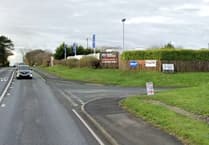
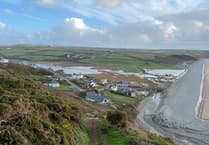
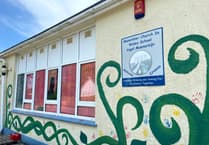
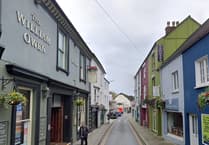
Comments
This article has no comments yet. Be the first to leave a comment.